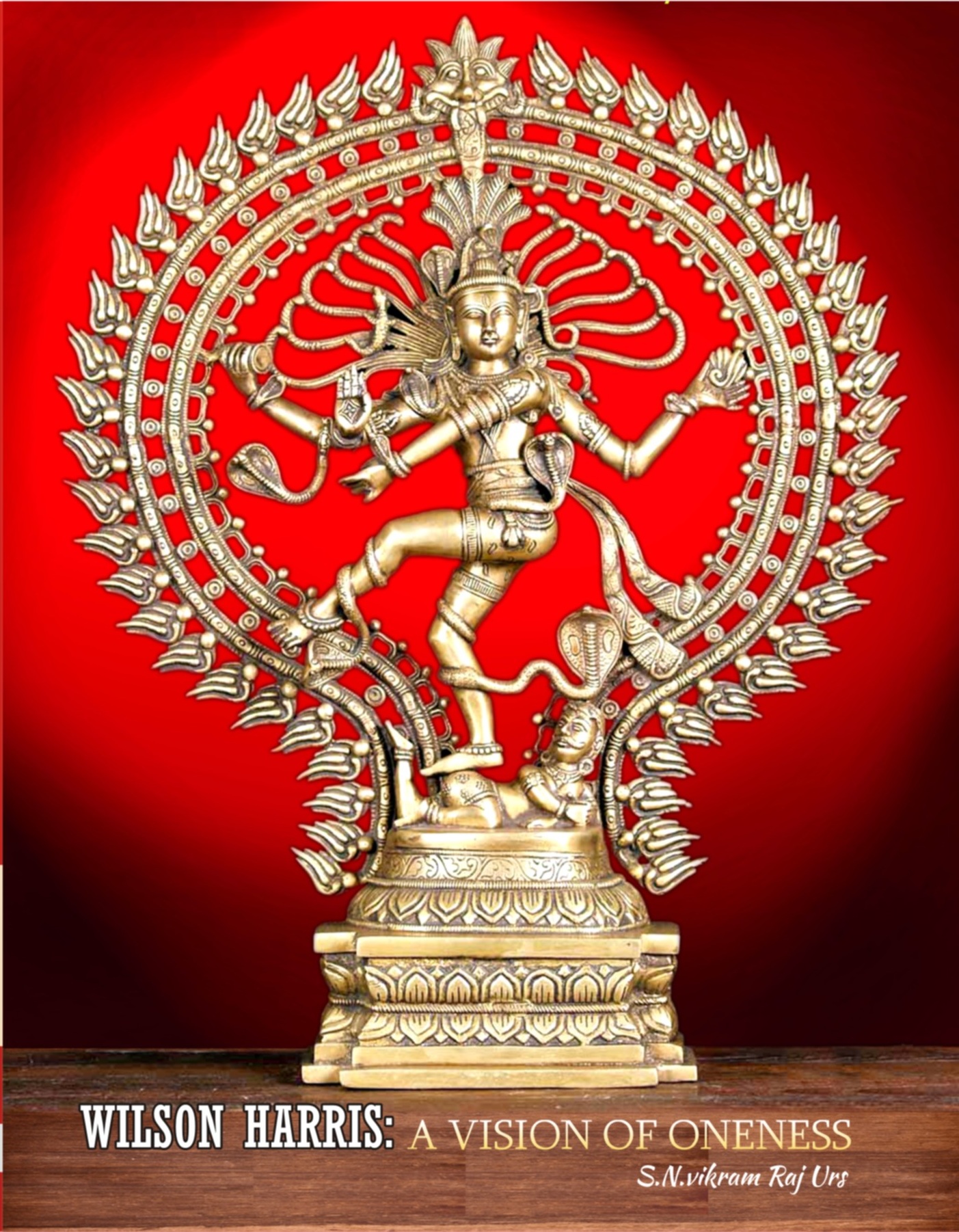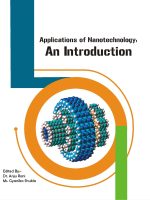When I was a student of Post-graduation (1971-1973) under the distinguished chairmanship of Prof. C.D. Narasimaiah, Palace of the Peacock (1960) by Wilson Harris was a prescribed text. When I first read the novel, I realized that it was a ‘difficult’ book. But, I was irresistibly drawn to it because the writing was compelling.
After Post – graduation I read other major novels by Wilson Harris like The Far Journey of Oudin (1961) The Whole Armour (1962), The Secret Ladder (1963), Ascent to Omai (1970) and his poetry collection, Eternity to Season (1954-1978). I was fascinated by the creative outburst of Harris. Then, I made a resolve to study the works of Wilson Harris.
It has been a pain- staking study of collecting information and various interpretations from different sources. The preoccupation of Harris is to explore and discover “the buried truth” in the Individual psyche. I have attempted to show the “wholeness” of Man which is the major concern of Harris. His creative insights into the ‘The unknown modes of being’ are profound. He tries to suggest an alternative vision of Reality’ to the upheavlls and raging conflicts of the twentienth century. I have drawn parallels and comparisons to the Indian tradition of The Upanishads to argue that Man strives after the ‘indivisible whole’. I have not included his recent novels such as Carnival (1985), The Four Banks of the River of Space (1990), The Carnival Trilogy (1993), Jonestown (1996), The Dark Jester (2001) and The Mask of the Beggar (2003).
But I am aware that there has been a change in the outlook by Wilson Harris. But the recent novels also try to explore ‘the expanding vision’ of Man in different contexts and discover ‘the buried truth’. Without the kind and constructive suggestions and advice of Prof. Hena Meas- Jelinek, Prof. Helen Tiffin, Prof. Louis James, Mrs. Margaret Wilson Harris and Prof. S. Ramaswamy, my knowledge of Wilson Harris would have been severely limited. I personally owe a special debt of gratitude to prof. Hena meas- Jelinek who has indirectly encouraged me to finish this monograph.
I thank Miss Smitha Prasad for her assistance and co-operation. She was the first reader of my monograph. I thank Shyama for her help and valuable discussion with me.
I appreciate and thank Miss. Shalini who has neatly done the D.T.P. work.
I thank my wife and companion Mrs. Vijayalakshmi Urs. It would not be possible for me to publish the monograph without her constant support. I would be grateful if this earnest attempt is appreciated by the discerning readers of Wilson Harris.
S. N. VIKRAM RAJ URS










Be the first to review “Wilson Harris: A Vision of Oneness”
You must be logged in to post a review.